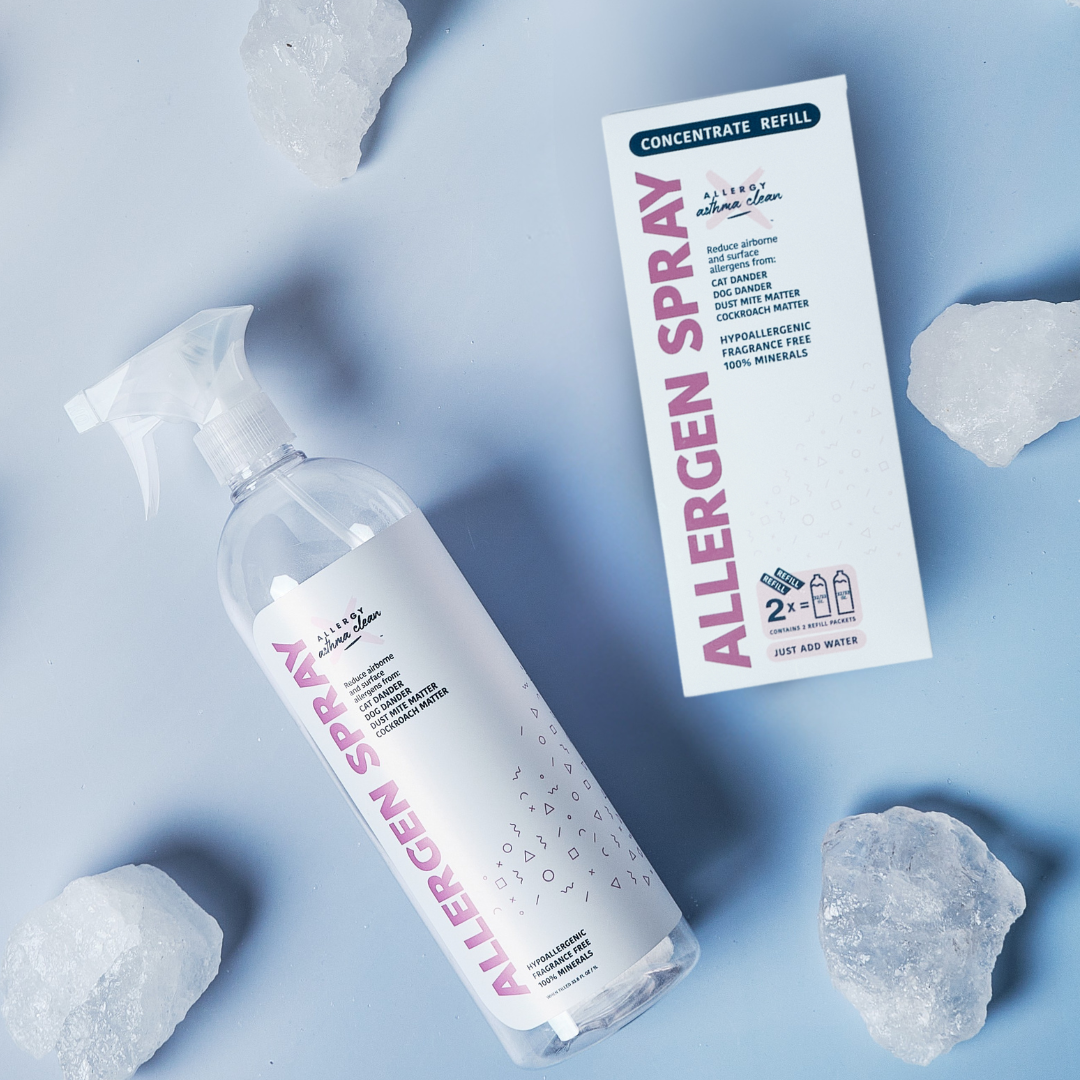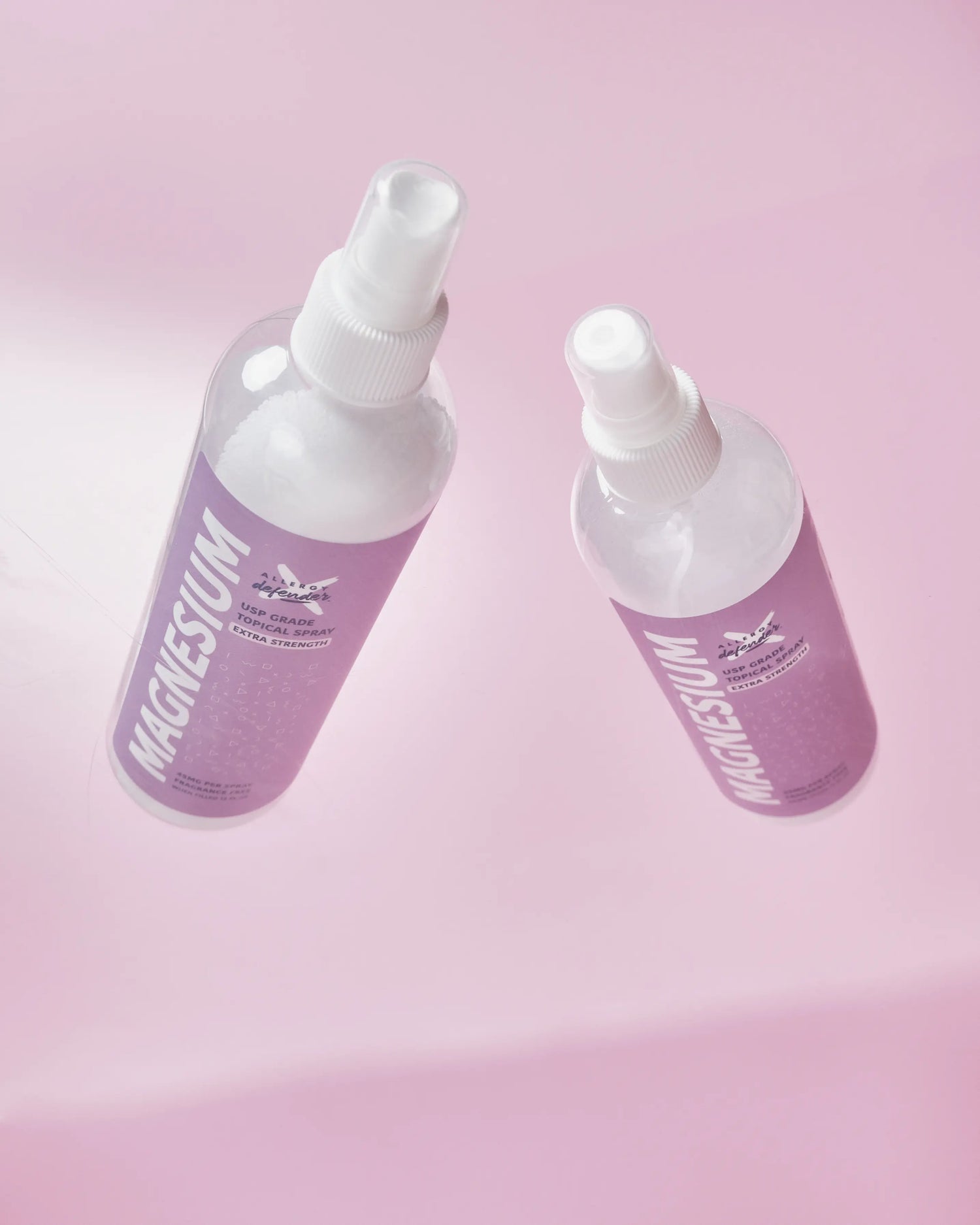Does Local Honey Help With Allergies?
Local Honey for Allergies: A Buzzing Remedy or a Myth?
I was at a farmers market recently, and someone was selling local honey. I was interested. While I didn't buy it, the farmer gave me a flyer about the benefits of consuming local honey, including one reason: it helped relieve allergies. That was something I had never heard before.
We love the natural approach to dealing with allergies, yet this one might not be the right approach for everyone, and here's why. For years, the internet and word-of-mouth have buzzed about the potential of honey, particularly local honey, to alleviate allergy symptoms. Whether you suffer from seasonal sniffles or your furry friend experiences itchy paws, claims abound that "honey is good for allergies." But before you replace your allergy medication with a spoonful of sweetness, let's delve deeper.
The Theory Behind Honey for Allergies: A Buzzing Desensitization Approach?
The allure of honey for allergies, including honey for dog allergies, lies in the concept of desensitization, a core principle behind traditional allergy treatment. This approach involves gradually introducing increasing amounts of allergens into the body, prompting the immune system to build tolerance and reduce its overreaction.
Here's the connection between honey and allergies: proponents believe that by consuming local honey, you (or your dog) ingest small quantities of pollen-specific to your region. This regular, low-dose exposure could theoretically desensitize you to these airborne allergens, leading to reduced allergy symptoms. In essence, the benefits of local honey for allergies come from the idea that it mimics the strategy of allergy shots, but is delivered through a spoonful of honey. This approach is particularly appealing due to its natural and readily available nature.
Why Local Honey Might Not Be the Cure-All
While the theory behind honey for allergies sounds promising, scientific evidence supporting its effectiveness remains limited. Let's explore some key reasons why local honey might not be the allergy cure-all it's sometimes touted as:
- Limited Pollen Power: The amount of pollen present in honey can be quite small. Bees collect pollen from a variety of flowers, and the pollen that ends up in the honey is likely a mix of different types. This means you might not be consuming enough of the specific pollen, causing your allergies to have a significant impact.
- Mismatch of the Matchmakers: Even if local honey contains some pollen from your region, there's no guarantee it contains the exact type triggering your allergies. Seasonal allergies are often caused by pollen from wind-pollinated trees, grasses, and weeds, whereas bees collect pollen from brightly colored flowers that rarely cause allergies.
- Processing Power Plays a Role: Honey processing methods can further reduce the already limited amount of pollen present. Filtering removes larger particles, including some pollen grains. So, depending on how the honey is processed, you might be consuming even less pollen than you initially thought.
"While some people claim to experience relief from allergy symptoms after consuming local honey, a 2002 study published in the Annals of Allergy, Asthma and Immunology found no significant benefit”. This double-blind, placebo-controlled study involved 64 participants with allergies. They were divided into three groups: one receiving local unfiltered/unpasteurized honey, another receiving national filtered/pasteurized honey, and a third group receiving a placebo of corn syrup with synthetic flavorings. All groups continued with their standard allergy medications. The study concluded that neither type of honey offered any additional improvement in allergy symptoms compared to the placebo."1
"Unfortunately, honey does not help with allergies. Bees eat nectar and gather pollen produced by brightly colored flowers. These are not the same pollens responsible for most allergies (trees, grasses, and weeds). Very little of these common pollen allergens would make it into honey. If honey contained pollen that causes allergies, it would create, not treat, symptoms."2
The allure of "honey for allergies," including honey for dog allergies, is understandable. The idea of a natural, readily available remedy for those bothersome allergy symptoms is certainly appealing. However, as we've explored, the scientific evidence supporting local honey's effectiveness in this area remains limited.
Studies like the 2002 double-blind, placebo-controlled trial published in the Annals of Allergy, Asthma and Immunology haven't shown significant benefits from consuming honey for allergies. Factors like the minimal amount of pollen in honey, the potential mismatch between the pollen it contains and your specific allergens, and processing methods that can further reduce pollen content all contribute to the uncertainty surrounding this natural remedy.
An Alterative to Local Honey? Meet Bee Propolis
Unlike local honey, which is made from flower nectar, bee propolis is a resinous substance bees collect from trees and plants. They mix it with their own wax and enzymes to create a sticky, brown material used to seal gaps in their hives, prevent drafts, and fight off germs. This difference in origin leads to distinct properties. Honey is primarily known for its sweetness and potential antibacterial qualities, while propolis boasts a wider range of potential benefits, including anti-inflammatory, antiviral, and antifungal properties. These properties are what make propolis interesting for allergies. While research is ongoing, some studies suggest propolis might help reduce inflammation in the airways associated with allergies, potentially easing symptoms like congestion and runny nose.
The good news? While honey doesn't appear to help relieve allergies, it can help relieve a cough caused by a cold, especially in children. Do not give honey to a child under 1 year old, as there is a risk of botulism.
Source:
1: https://www.annallergy.org/article/S1081-1206(10)61996-5/abstract
2. https://community.aafa.org/blog/aafa-explains-can-honey-help-my-seasonal-allergies



